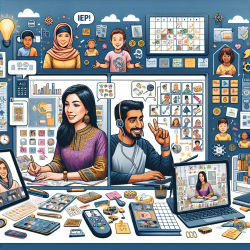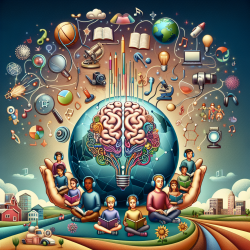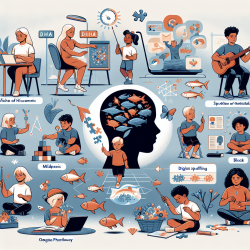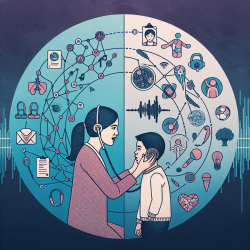Higher education institutions hold a unique position in shaping a more inclusive society by nurturing the talents of all students, including those with disabilities. With the advancement of civil rights, more students with both visible and invisible disabilities are enrolling in colleges and universities. Despite their potential, these students often face challenges that impede their academic success. A key challenge is their lack of experience with self-advocacy skills and self-determination.
Understanding Self-Advocacy and Self-Determination
Self-advocacy involves understanding oneself, one's rights, and needs, and effectively communicating these to others. It is a stepping stone to self-determination, which is the ability to make choices and decisions that affect one's life. These skills are crucial for all students but are particularly vital for those with disabilities as they transition into the more autonomous environment of higher education.
The Role of Faculty in Fostering Self-Advocacy
Faculty members can play a pivotal role in supporting students with disabilities by fostering an environment that encourages self-advocacy and self-determination. Here are some actions faculty can take:
- Recognize Individual Needs: Understand that each student has unique learning needs and strengths. Encourage students to express their needs for accommodations.
- Promote Open Communication: Create a classroom atmosphere where students feel comfortable discussing their challenges and seeking help.
- Utilize Universal Design for Learning (UDL): Implement teaching strategies that cater to diverse learning styles, benefiting all students.
- Challenge Myths About Disabilities: Address misconceptions about disabilities by educating yourself and your students about the capabilities of individuals with disabilities.
Tackling Transition Challenges
The transition from high school to college is significant for any student but poses additional challenges for those with disabilities. In high school, support systems often involve parents and educators actively identifying and addressing educational challenges. In college, students must take ownership of their learning by identifying necessary accommodations and advocating for themselves.
Actions for Faculty to Support Transition
- Facilitate Understanding: Help students understand their learning profiles and how they relate to class expectations.
- Encourage Resource Utilization: Guide students on using available academic resources effectively.
- Promote Independence: Support students as they develop routines and strategies to succeed independently.
The Power of Dispelling Myths
Misinformation about disabilities can hinder the educational experience for many students. Faculty can dispel myths by recognizing that disabilities do not equate to incapability. Instead, these students often have unique perspectives that can lead to innovative thinking.
Pete Denman's Inspirational Journey
Pete Denman, known for designing speech software for physicist Stephen Hawking, exemplifies how embracing one's disabilities can lead to remarkable achievements. Despite facing numerous challenges due to his dyslexia and quadriplegia, Denman succeeded academically by leveraging his unique perspectives. His story underscores the importance of faculty support in helping students realize their potential.
Denman's advice resonates: "A ramp is an obvious accommodation for someone in a wheelchair. For those who learn differently, small tools or accommodations can open opportunities." His words remind us of the value diverse thinkers bring to society.
For more information on empowering students through self-advocacy skills and self-determination, please follow this link.










